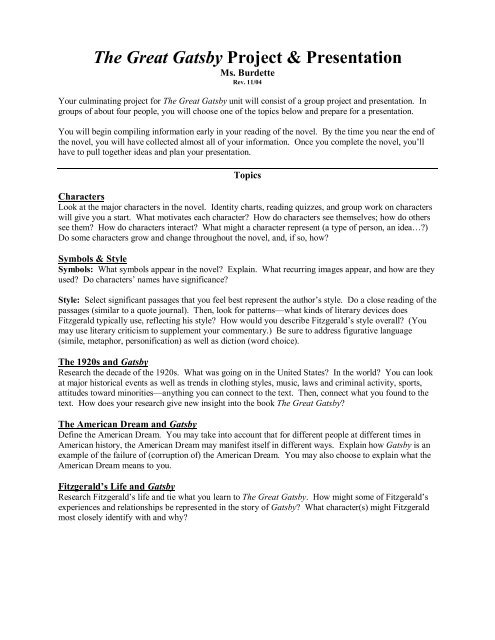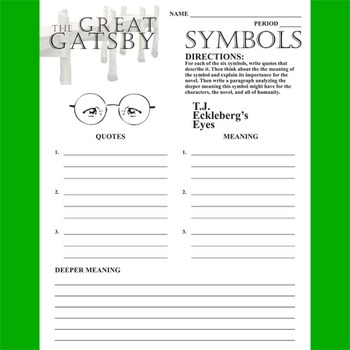
Parker Brothers was eventually absorbed into Hasbro in 1991. When Monopoly was first published by Parker Brothers in 1935, it did not include the less capitalistic taxation rule, which resulted in a more competitive game.

The Landlord's Game had two sets of rules originally, one with taxation and another one mainly based on current rules. Monopoly is derived from The Landlord's Game created by Lizzie Magie in the United States in 1903 as a way to demonstrate that an economy that rewards wealth creation is better than one where monopolists work under few constraints, and to promote the economic theories of Henry George-in particular his ideas about taxation. Monopoly has become a part of international popular culture, having been licensed locally in more than 103 countries and printed in more than 37 languages. The game has numerous house rules, and hundreds of different editions exist, as well as many spin-offs and related media.

Players receive a stipend every time they pass "Go", and can end up in jail, from which they cannot move until they have met one of three conditions. Money can also be gained or lost through Chance and Community Chest cards, and tax squares.

Players collect rent from their opponents, with the goal being to drive them into bankruptcy. In the game, players roll two dice to move around the game board, buying and trading properties, and developing them with houses and hotels. Monopoly is a multi-player economics-themed board game.


 0 kommentar(er)
0 kommentar(er)
